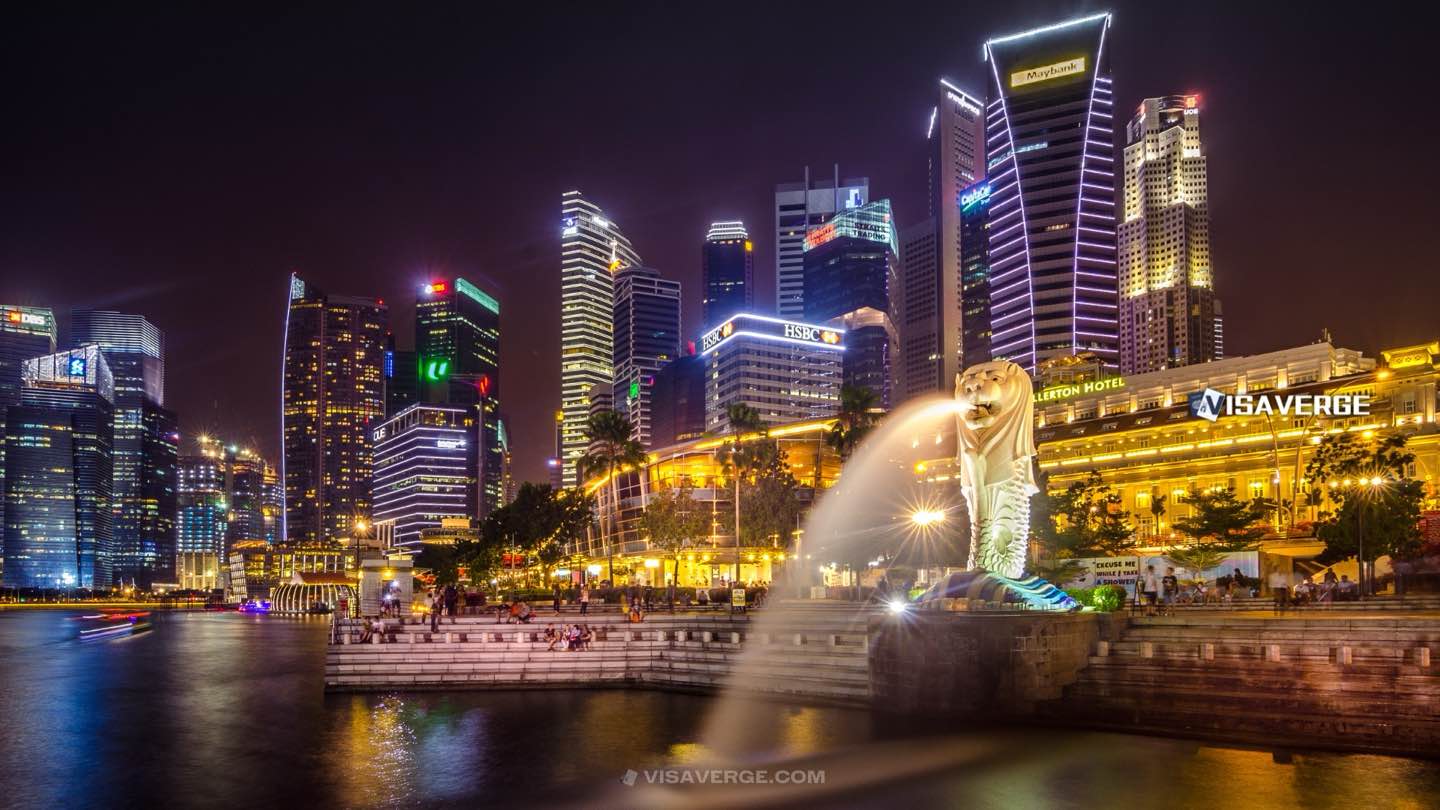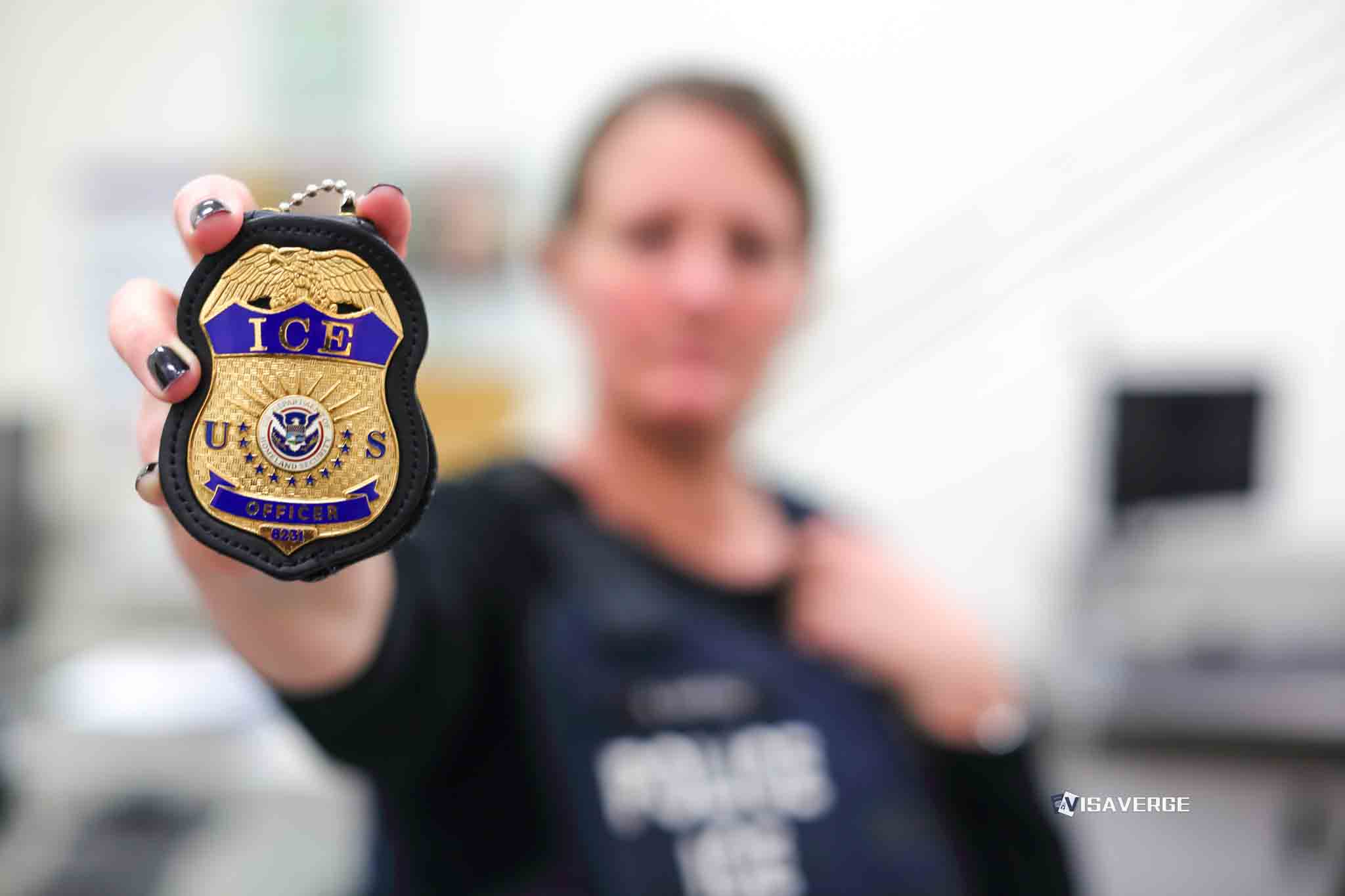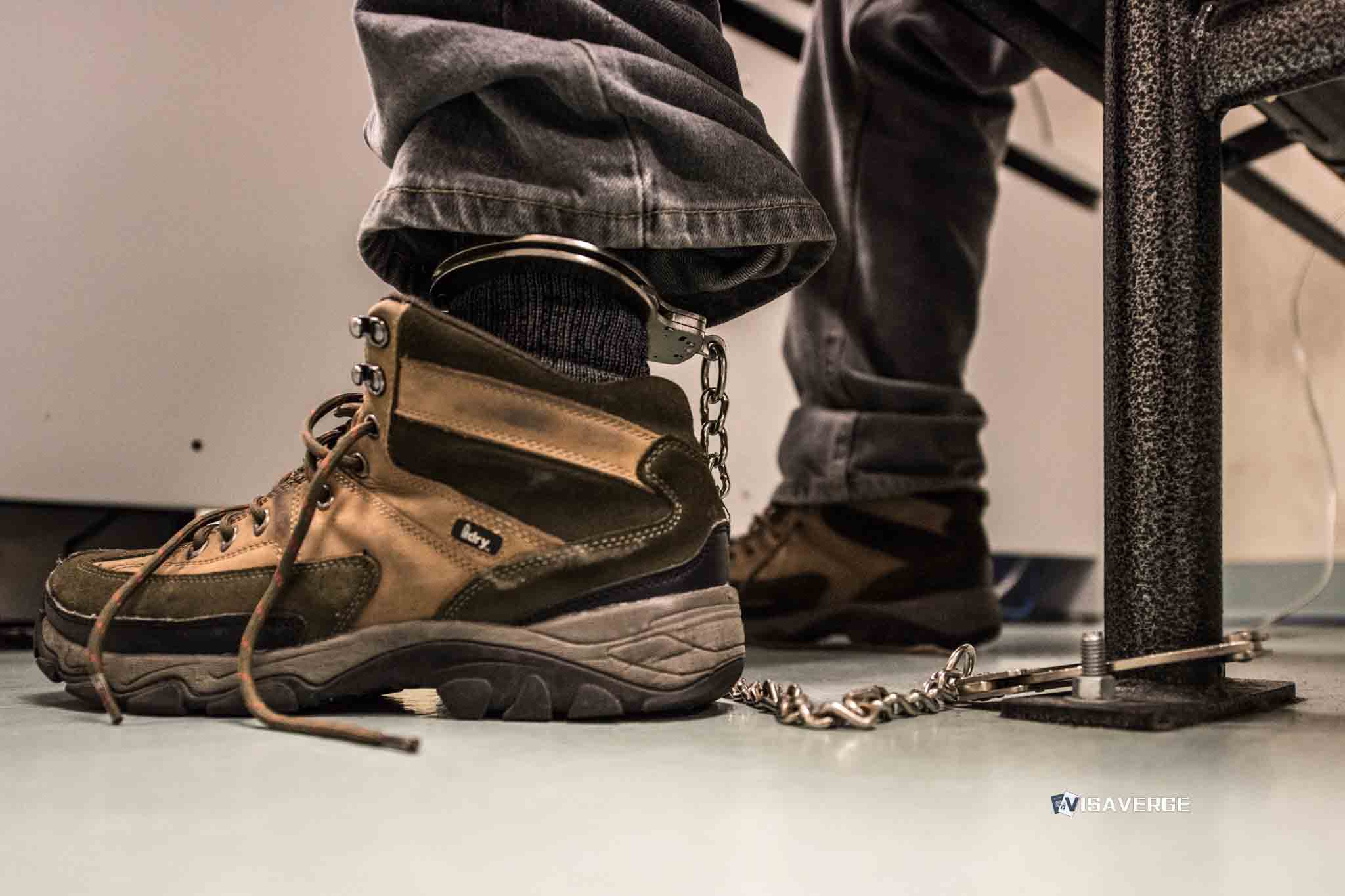As of August 14, 2025, the United States plan to resettle white Afrikaner “refugees” from South Africa has hit a fresh roadblock: a visa holdup tied to Kenya. The U.S. State Department tried to bring Kenyan staff to South Africa to help process cases, but Kenyan authorities have delayed or denied the needed travel documents. That move has stalled interviews, slowed security checks, and widened a backlog for applicants who had expected faster decisions under President Trump’s executive orders prioritizing this group.
South Africa’s government has pushed back hard, calling the plan to deploy Kenyan workers an intrusion into its internal affairs. The State Department says the approach was meant to avoid political and logistical hurdles for U.S. officers on the ground. The result is rising diplomatic strain on two fronts—Pretoria’s public objection and Kenya’s reluctance to cooperate—while families wait for word on their cases. According to analysis by VisaVerge.com, the bottleneck has turned a policy promise into a day‑to‑day delay for people who already completed early paperwork.

The first small group arrived in the United States in May 2025, welcomed by Deputy Secretary of State Christopher Landau, but further movement has slowed. Parts of President Trump’s orders face court challenges in the United States, raising legal uncertainty just as processing needs to expand. U.S. federal judges have paused some sections, citing the Refugee Act of 1980, which limits how far a president can go in reshaping admissions. Even so, the orders remain the current policy framework while litigation continues.
Policy background and legal fights
President Trump signed the first order on January 20, 2025, pausing most refugee resettlement while making an exception for South Africans who could show a fear of persecution, with a focus on Afrikaners. A follow‑up, Executive Order 14204 (February 7, 2025), stated that Afrikaners and other South African minorities who can prove a credible risk are eligible, citing alleged race‑based bias and pointing to a new land expropriation law in South Africa.
Human rights groups in both countries dispute this framing, saying the land changes do not single out whites and warning that a race‑based admissions carve‑out ignores broader refugee needs worldwide.
- South Africa’s government has condemned the policy, arguing it misreads land reform and harms efforts to ease old inequalities.
- Civil society groups say the move adds fuel to racial tension, both at home and abroad.
- Inside the United States, the legal debate hinges on how refugee law balances presidential power, annual admissions ceilings, and the role of Congress.
Notable figures:
– FY2025 admissions ceiling: 125,000
– Regional share covering Europe and Central Asia (where the U.S. classifies South Africa for processing): increased to about 2,000–3,500 as of July 2024.
Processing steps and the Kenya visa complication
Under the U.S. Refugee Admissions Program (USRAP), South Africans who identify as Afrikaner or as another racial minority may submit a Statement of Interest and describe their fear of harm. If selected, they move through screening interviews, background checks, and a final review by U.S. Citizenship and Immigration Services (USCIS).
Important program features:
– The process is free—there are no fees at any point.
– Applicants are urged to avoid fixers or payments to middlemen.
Key steps include:
1. Submit the Statement of Interest via the U.S. Embassy in South Africa website.
2. Wait for interview scheduling; language help is provided if needed.
3. Complete security checks and USCIS eligibility review.
4. If approved, accept placement and travel for resettlement in the United States.
To expand interview capacity, the State Department sought to bring Kenyan officers to South Africa. That plan now sits in limbo because of the Kenya visa delays, turning what was meant to be a practical workaround into the main choke point. U.S. officials are weighing backup options, including moving interviews to another country in the region if talks with Nairobi and Pretoria produce no progress.
For applicants, the impact is simple and painful: longer waits, unanswered emails, and rising worry about timelines.
Stakeholder positions and diplomatic strain
Stakeholders line up sharply:
- Washington: Points to the executive orders and asserts the program is lawful while court fights continue.
- South Africa: Calls the approach a sovereignty breach and says it harms reform efforts.
- Kenya: Has become an unexpected gatekeeper; without Kenya’s approval for travel, the processing team cannot deploy.
For families who already filled out forms and prepared evidence, the pressing question is timing—when will the interview happen, and will their case be decided this year?
The bottleneck has turned a policy promise into a day‑to‑day delay for people who already completed early paperwork.
Official guidance for applicants
Applicants should keep their focus on official channels. The U.S. Embassy in South Africa hosts the current USRAP page for South Africans, including the Statement of Interest access point and alerts on interviews and safety tips: https://za.usembassy.gov/refugee-admissions-program-for-south-africans/.
Safety and fraud warnings:
– All messages on case status come directly from U.S. government addresses.
– People who are asked to pay for faster service are likely facing a scam; report it to the embassy and local police.
Practical tips:
– Document what you can: police reports, medical records, threats received, and any proof tying risk to an identity that fits the policy’s terms.
– Keep copies safe and use only official forms and instructions.
– If you move or change contact details, inform the embassy immediately so you do not miss an interview notice.
– Plan for delays—travel takes months after approval because of background checks, flights, and reception planning in the United States.
Operational options and likely outcomes
USCIS continues case reviews as files become ready, but the pace depends on interviews and clearances. The Department of State says it will add staff and seek regional partners if the present standstill continues.
Any fix will require at least one government to shift:
– Kenya issues visas for its workers, or
– South Africa accepts a larger U.S. footprint for interviews, or
– Another country hosts a temporary processing hub.
Policy risks and logistics compound each other:
– Court orders could narrow the program or change the eligible pool.
– Diplomatic talks could ease or extend the Kenya visa snag.
– The FY2025 admissions ceiling is broad enough to include thousands from this pathway, but numbers on paper do not translate into seats on planes without a working field process.
Regional consequences
There is a broader regional cost. The standoff has cooled ties with both South Africa and Kenya, two partners the United States relies on for trade, security, and health work. If the dispute drags on, it could spill into other areas—from aid to joint training.
Washington may try to limit that fallout by:
– Finding a neutral site for interviews, or
– Assigning more U.S. staff to remote processing (which would still require host‑country consent).
Bottom line for applicants
For people caught in the queue, the policy debate can feel far away. What matters most is a clear path to a fair interview and a final yes or no. Until the visa issue with Kenya is resolved—or a third‑country option is set up—many cases will remain stuck.
Key reminders:
– Check the embassy site often: https://za.usembassy.gov/refugee-admissions-program-for-south-africans/
– Respond quickly to any official email.
– Avoid anyone promising shortcuts—the process costs nothing, and paying someone will not speed your case.
The coming weeks will show whether diplomacy can loosen the logjam. If not, expect the United States to test alternative hubs and for court cases to shape the final contours of this program. In the meantime, the promise to resettle white Afrikaner ‘refugees’ faces a basic test: without Kenya’s visas, the pipeline can’t flow.
This Article in a Nutshell
A visa snag with Kenya stalled US plans to deploy officers to South Africa, freezing interviews and widening a USRAP backlog. Diplomatic friction with Pretoria and Nairobi complicates processing, while court challenges to Executive Order 14204 create legal uncertainty for white Afrikaner refugee admissions and slow resettlement timelines.













